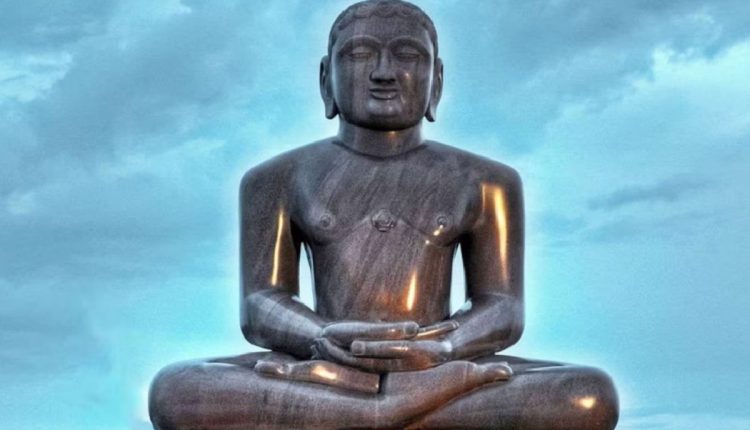Mahavir Jayanti, one of the most important festivals for Jains across the world, marks the birth anniversary of Lord Mahavir, the 24th and last Tirthankara (spiritual teacher) of Jainism. Celebrated with deep devotion and joy, Mahavir Jayanti is not just a religious observance but a reminder of the timeless values of non-violence, truth, and compassion.
In 2025, Mahavir Jayanti will be observed on Sunday, April 13, according to the Gregorian calendar. Let’s take a closer look at the significance, traditions, and message of this sacred occasion.
Who Was Lord Mahavir?
Born in 599 BCE in Kundagrama (present-day Bihar), Vardhamana Mahavir was a royal prince who renounced his worldly life at the age of 30 in search of spiritual awakening. After 12 years of intense meditation and ascetic practices, he attained Kevala Jnana (omniscience), becoming a Tirthankara—a spiritual guide who helps others cross the ocean of life and death (samsara).
Lord Mahavir’s teachings laid the foundation for what we now know as Jainism—a path of strict non-violence (ahimsa), truth (satya), non-stealing (asteya), celibacy (brahmacharya), and non-possessiveness (aparigraha).
The Spiritual Significance of Mahavir Jayanti
Mahavir Jayanti is not merely a day to commemorate the birth of a spiritual teacher. It is a time to reflect on the core values Lord Mahavir preached—values that are universally relevant even in today’s complex world.
His philosophy of live and let live, and his deep respect for all life forms, serve as an ethical compass for millions. From vegetarianism and animal rights to environmental sustainability, his teachings offer timeless guidance.
How Is Mahavir Jayanti Celebrated?
Mahavir Jayanti is celebrated with great fervor across India, especially in states like Gujarat, Rajasthan, Maharashtra, and Karnataka. Jain temples are decorated with flowers and flags, and processions called rath yatras are taken out, featuring the idol of Lord Mahavir placed on a beautifully adorned chariot.
Here’s how devotees observe the day:
-
Abhisheka (ritual bath) of Mahavir’s idol with water and milk
-
Prayer services and bhajans in Jain temples
-
Lectures and teachings about Mahavir’s life and philosophy
-
Charity and acts of kindness, such as donating food or medicines
-
Observing fasts and practicing self-discipline
Children and adults alike participate in plays and storytelling sessions based on Mahavir’s life. Many Jains also spend the day engaging in meditation and reading sacred texts like the Agamas.
Global Observance
While India remains the heart of Jain culture, Mahavir Jayanti is celebrated by Jain communities across the globe—in countries like the United States, the United Kingdom, Canada, Kenya, and Australia. Temples and Jain centers abroad organize cultural programs, lectures, and community services, spreading the message of peace and harmony.
Relevance in Today’s World
In an age dominated by conflict, stress, and materialism, Mahavir Jayanti is a gentle reminder of the power of simplicity, kindness, and inner peace. Lord Mahavir’s teachings go beyond religion; they promote a universal human ethic that transcends caste, creed, and nationality.
His emphasis on self-control, tolerance, and universal compassion encourages us to look inward and cultivate a more conscious, balanced life.
Final Thoughts
Mahavir Jayanti is not just a date on the calendar—it’s a spiritual awakening. Whether you’re a follower of Jainism or simply someone seeking peace in a noisy world, the life and wisdom of Lord Mahavir offer profound inspiration.
As we light candles and offer prayers on this sacred day, let’s also ignite the flame of ahimsa in our hearts and actions. That, perhaps, is the greatest tribute we can pay to this extraordinary soul who walked the earth more than 2,600 years ago.
Happy Mahavir Jayanti!


Comments are closed.